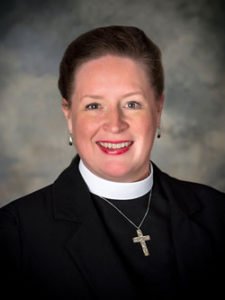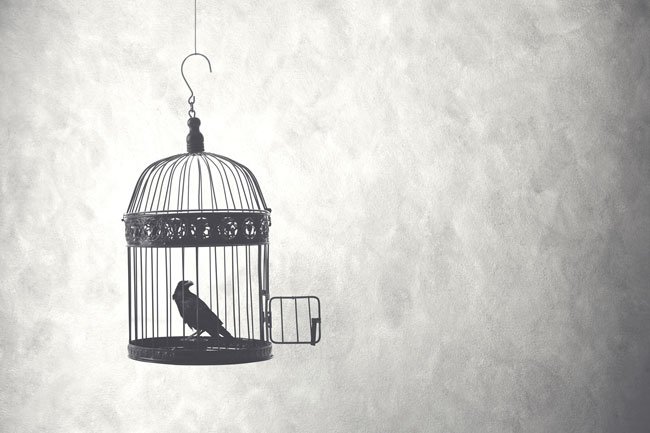Things Unknown, but Longed for Still
By Rev. Jane Field,
The caged bird singswith a fearful trillof things unknownbut longed for stilland his tune is heardon the distant hillfor the caged birdsings of freedom."—from Caged Bird by Maya Angelou
It’s a strange question to ask, as all around us Christmas lights twinkle, carols ring out, candles shine, but: how, during Advent, are we like the caged bird in Maya Angelou’s poem? What are the things unknown to us but longed for still, in the midst of the COVID-19 pandemic, the violence of systemic racism, the deep divisions rending our country apart, an ecological emergency threatening creation? In other words, what do we hope for and why? What does it look like to live as those who dream? Who hope, even as we sow in tears?
One of the four themes of Advent is Hope. But is hoping an act of faith? Or is it just wishful thinking? I believe that what transforms hoping and dreaming into more than just wishful thinking is the way we answer the call to discipleship. As people of faith, we aren’t meant to just sit around with our heads in the clouds, dreaming, hoping, wishing, for a better world. We are meant to live every day in ways that bring God’s kingdom to earth as it is in heaven—by loving our neighbors as ourselves, by loving even our enemies, by feeding the hungry, welcoming the stranger, visiting the lonely and imprisoned, caring for the sick, by doing justice, loving kindness and walking humbly with God. Do that, and you transform dreams and hope into reality.
This is easier said than done, in part because of the complicated relationship between hope and lament. If you had nothing to lament—if all was right with your world—you wouldn’t need hope. Or, if you didn’t believe things could or should be different or better, if you didn’t believe that God intended for things to be different, better, you wouldn’t dream or hope—you’d just resign yourself to the status quo. So, confronting the reality of suffering, despair, injustice—all that is wrong with our world—leads us both to lament and to hope. The two feelings go hand in hand—despite the common misunderstanding that hopeful people are Pollyannas who live in la-la land wearing rose-colored glasses that make everything look like a Hallmark card, dripping with bunnies and rainbows and unicorns. Actually, nothing could be further from the truth. And that is why, even in the midst of deep lament, we light the Advent candles—as a symbol of hope.
What dream or hope is alive in you during Advent this year, this year when we have all sown in tears, and sung of things unknown but longed for still? Rev. Jane Field is the Executive Director of the Maine Council of Churches, a partnership of seven mainline Protestant denominations whose mission is inspiring churches and people of faith to unite in building a culture of justice, compassion and peace. An ordained Minister of the Word and Sacrament in the Presbyterian Church (USA), and graduate of Union Theological Seminary (MDiv), Princeton University (MPA, School of Public and International Affairs), and Kalamazoo College, (BA), Rev. Field lives in Portland with her daughter and their Goldendoodles Murray Puppins and Henry. www.mainecouncilofchurches.org
Rev. Jane Field is the Executive Director of the Maine Council of Churches, a partnership of seven mainline Protestant denominations whose mission is inspiring churches and people of faith to unite in building a culture of justice, compassion and peace. An ordained Minister of the Word and Sacrament in the Presbyterian Church (USA), and graduate of Union Theological Seminary (MDiv), Princeton University (MPA, School of Public and International Affairs), and Kalamazoo College, (BA), Rev. Field lives in Portland with her daughter and their Goldendoodles Murray Puppins and Henry. www.mainecouncilofchurches.org

